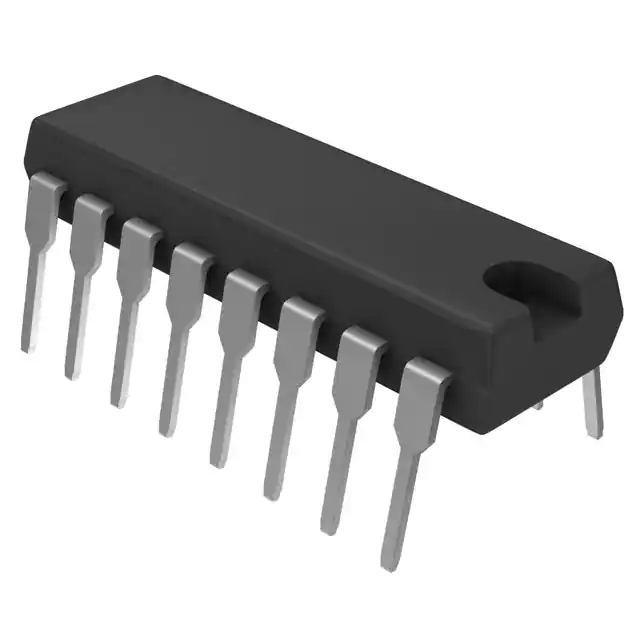The MAX378 8-channel single-ended (1-of-8) multiplexer and the MAX379CPE 4-channel differential (2-of-8) multiplexer use a series N-channel/P-channel/N-channel structure to provide significant fault protection. If the power supplies to the MAX378/MAX379CPE are inadvertently turned off while input voltages are still applied, all channels in the muxes are turned off, and only a few nanoamperes of leakage current will flow into the inputs. This protects not only the MAX378/MAX379CPE and the circuitry they drive, but also the sensors or signal sources that drive the muxes. The series N-channel/P-channel/N-channel protection structure has two significant advantages over the simple current-limiting protection scheme of the industry's first-generation fault-protected muxes. First, the Maxim protection scheme limits fault currents to nanoamp leakage values rather than many milliamperes. This prevents damage to sensors or other sensitive signal sources. Second, the MAX378/MAX379CPE fault-protected muxes can withstand a continuous±60V input, unlike the first generation, which had a continuous ±35V input limitation imposed by power dissipation considerations. All digital inputs have logic thresholds of 0.8V and 2.4V, ensuring both TTL and CMOS compatibility without requiring pull-up resistors. Break-before-make operation is guaranteed. Power dissipation is less than 2mW.
Feature
- Fault Input Voltage ±75V with Power Supplies Off
- Fault Input Voltage ±60V with ±15V Power Supplies
- All Switches Off with Power Supplies Off
- On Channel Turns OFF if Overvoltage Occurs on Input or Output
- Only Nanoamperes of Input Current Under All Fault Conditions
- No Increase in Supply Currents Due to Fault Conditions
- Latchup-Proof Construction
- Operates from ±4.5V to ±18V Supplies
- All Digital Inputs are TTL and CMOS Compatible
- Low-Power Monolithic CMOS Design
Applications
- Avionics Test Equipment
- Data Acquisition
- Industrial and Process Control Systems
- Signal Routing Between Systems











